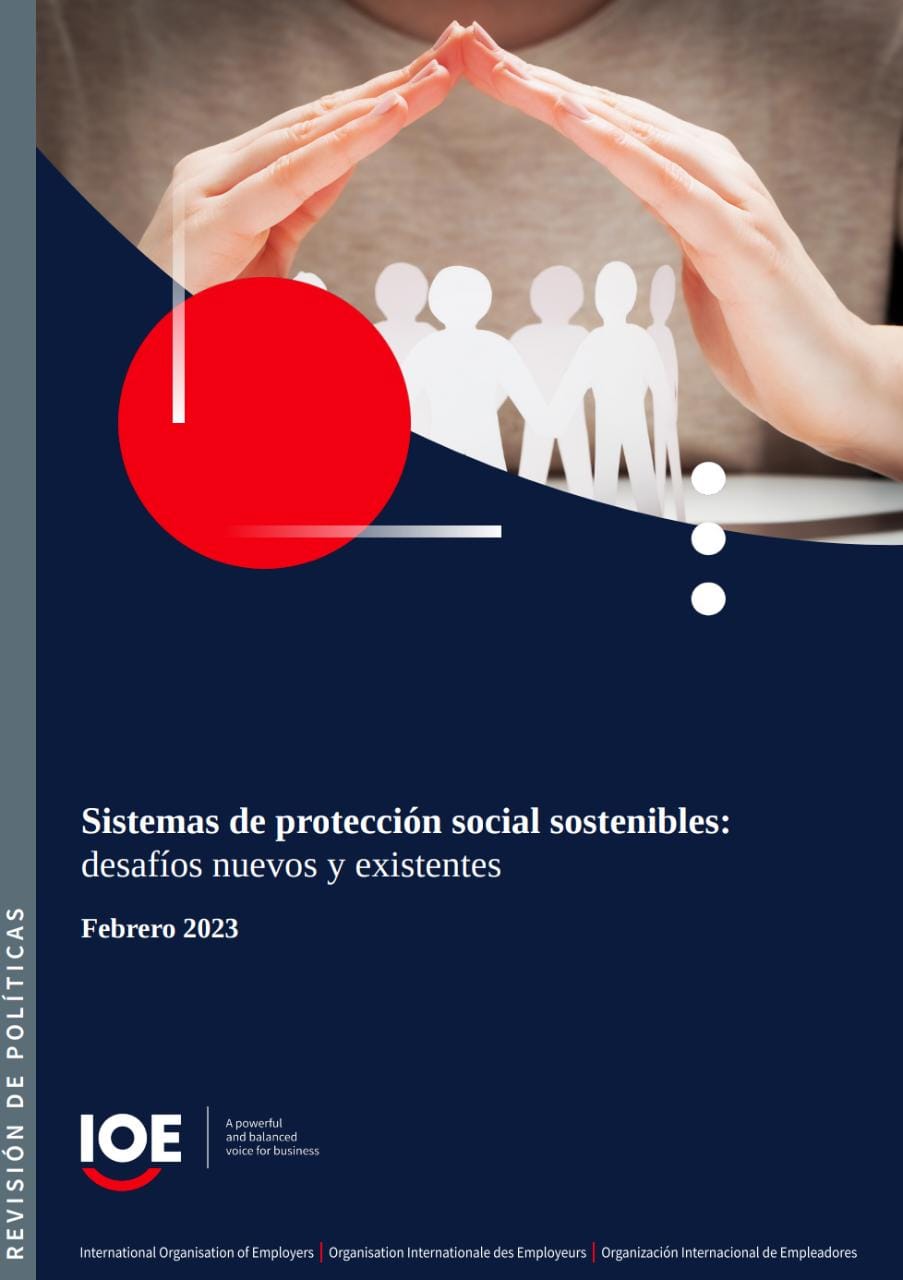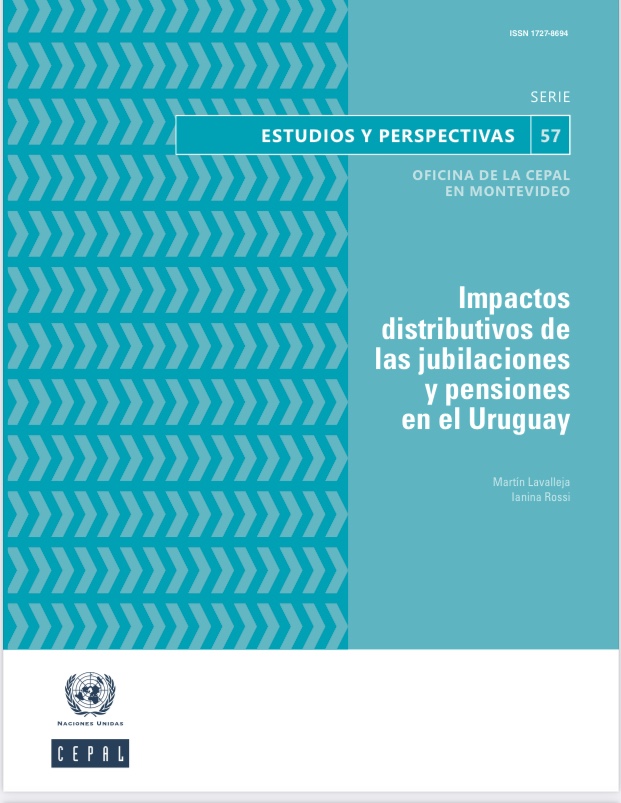EIOPA, Unit-linked Insurance and Polish Product Intervention: A Silent Regulatory Revolution?
By Lucie Škapová When the Polish financial market supervisor, Komisja Nadzoru Finansowego (KNF), notified its intention to prohibit certain unit-linked insurance products marketed in Poland, it created an unprecedented situation: for the first time, a financial market supervisor decided to trigger Chapter III of the PRIIPs Regulation and adopt product intervention measures in the insurance sector. If adopted, these measures would regulate not only the investment strategies of unit-linked insurance products offered in Poland but also their cost structure and...










